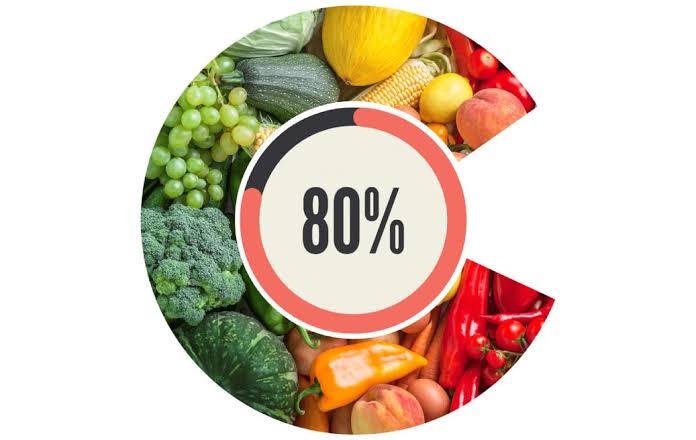Hara Hachi Bu | The Japanese Secret to Health and Longevity
Hara Hachi Bu” – an ancient code to a healthy and long life, inspired by the wise folks in Okinawa that make you feel better, manage your weight, and maybe even help you live longer. In this article delight, we explore the science, philosophy, and practical application of Hara Hachi Bu, providing insights for incorporating it into everyday life to maximize its benefits
What Is Hara Hachi Bu ?
Hara hachi bu is a Japanese term meaning “Eat until you’re 80% full.” It originated in the city of Okinawa, where people use this advice as a way to control their eating habits. Interestingly, they have one of the lowest rates of illness from heart disease, cancer and stroke, and a fairly long life expectancy. Roughly, in English, the Japanese phrase translates to, “Eat until you are eight parts (out of ten) full”. So the concept motivates us to feel satisfied and not hungry anymore, rather than being full.
In other words , consciously leave space in the stomach for the last chapati or the last serving of rice. And never fill the stomach to the brim ! This principle of eating is also known to be advocated by Ayurvedic medicine, dating back to the 4th century BCE, which suggests one should fill one-third of the stomach with liquid, another third with food and leave the rest empty.
How hara hachi bu works
Overeating or being full means that your digestive process takes a long time to process the food. When your stomach is not entirely full, it has extra space. This allows the stomach to perform the digestion process quicker. Also, the stomach churns and breaks down food efficiently. However, if you eat to fill your stomach 100%, then it gets stretched.This further accelerates cellular oxidation, which in turn ages you faster.
How to Put Hara Hachi Bu into Practice
Avoid getting over hungry
Eating consciously does not mean you starve yourself for long periods. If you get over hungry, then you will definitely over eat and make poor food choices.
Start Small
Serve smaller portions initially. You can always go back for more if you’re still hungry, but this way, you avoid overeating from the beginning.
Use Smaller Plates
Trick your brain by using smaller plates. This creates the illusion of a fuller plate and may help control portion sizes.
Pause During Meals
Take breaks during your meal to assess your fullness. This gives your body a chance to catch up with your eating pace and lets you recognize when you’ve had enough
Avoid Distractions
Minimize distractions like TV or smartphones during meals. Focus on the act of eating, allowing yourself to enjoy the experience and recognize when you’re satisfied.
Listen to Your Body
Pay attention to the subtle cues your body provides, like a gentle decrease in hunger or a feeling of contentment.By listening attentively, you start recognizing the moment when you’ve had enough ( almost 80% full) , avoiding the discomfort of overeating. This practice encourages a balanced relationship with food.
Final Takeaway
Small tweaks in your daily eating habits easily embraces the magic of Hara Hachi Bu, paving the way for better health . Anyone can adopt these changes, making mealtimes enjoyable while handling the art of stopping at 80 percent fullness. When we leave sufficient space in the stomach after finishing a meal, we allow the food to move and mix with the stomach acids efficiently. By avoiding over-eating with this concept , it helps avoid obesity, acid reflux and gastrointestinal problems.
Further studies, https://www.sciencedirect.com/science/article/abs/pii/S1471015315000215
Read also , 15 Hacks To Boost Food Nutrition & Absorption https://thebrightdelights.com/15-hacks-to-boost-food-nutrition-absorption/
